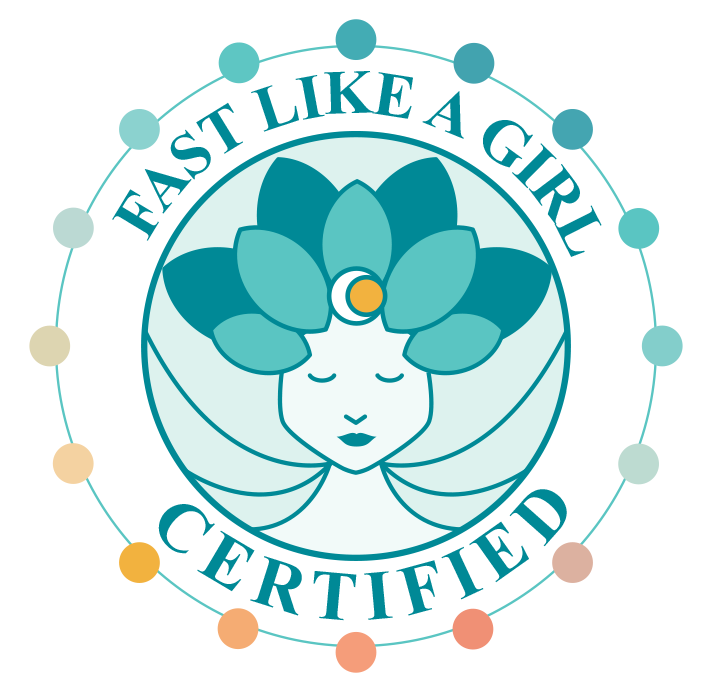Every cell in your body contains antioxidants for the purpose of preventing or delaying cell damage. As cells create energy and fulfill their specific functions, they generate molecules which oxidize other necessary molecules. Antioxidants neutralize those molecules and stop the process.
We see oxidation in metals which rust; oxygen combines with the metal to create the reddish coating we call rust. In our cells, free radicals are produced which lead to reactions that damage the cell. Antioxidants stop the free radicals.
The leading molecule in our body which does this is called glutathione. It is naturally occurring in virtually every cell. Our cells combine the amino acids L-cysteine, L-glutamic acid, and glycine to produce glutathione. After glutathione acts as an antioxidant, it is broken apart and the components can be recycled to make more.
Glutathione
As the body’s master antioxidant, glutathione stops damaging processes in cells. In addition, it restores other antioxidants such as vitamin e and c when they are spent while acting as antioxidants. Glutathione is vital to cellular processes. It is especially crucial in
- Producing energy in the cell in the mitochondria
- Healthy brain function and healthy brain aging
- Balanced immune function, recovering from auto-immune conditions
- Liver detoxification pathways
- Resisting viral infections
- Naturally removing mercury from the body by chelating it
Sounds improtant, huh? Energy, brain function, immune system and detoxification . . .
What depletes Glutathione?
The body uses up its supply of the antioxidant glutathione when we function in high-performance mode. This means when the energy-producing part of our cells are physiologically stressed, such as when we are exercising strenuously or dealing with toxins. The toxins might include:
- environmental pollution
- medications
- alcohol
- processed food
- psychological trauma
People with genetic variations can also produce less glutathione than is optimal for functioning.
How can I tell if I have enough Glutathione?
If you are in peak health, with your immune system functioning well, handling toxins well, and with a sharp brain, you probably have enough glutathione.
If you have fatigue, foggy brain, are susceptible to viral infections, or perhaps have autoimmune disease, then you may not have sufficient glutathione in your cells.
Beyond physical symptoms, there is a way to determine if your supply of glutathione is sufficient. It is through a specific marker on a blood test, GGT.
GGT, short for Gamma-glutamyltransferase, is an enzyme usually used to distinguish between liver disease and bile duct obstruction. It also may be used to screen for chronic alcohol abuse, or rule out bone disease in association with other blood markers.
In addition, according to recent research, as published in Disease Markers, GGT can predict increased risk for many diseases and conditions, including
- cardiovascular disease
- diabetes
- metabolic syndrome
- liver disease, including viral hepatitis
- all-cause mortality.
It can predict these diseases because they are all associated with low antioxidant levels, especially glutathione. This enzyme gets upregulated in proportion to the need for glutathione,
Low antioxidant defenses are also correlated with elevated GGT, particularly reduced levels of glutathione.
This reveals that your glutathione levels correlate inversely with GGT on a blood test. According to the Mayo Clinic, the normal range for GGT levels is 9–48 units per liter (U/L).
How can I improve my cellular Glutathione?
Because the molecule of glutathione is so large, it cannot be absorbed as it is if ingested. Taking it as a supplement would mean that the molecule would be digested into its components, and not necessarily become re-assembled into glutathione in the body.
However, a form of the molecule attached to an acetyl- group, “acetyl-glutathione” is absorbed and can be restored to simple glutathione by an enzyme available in every cell.
In addition, what is called a “reduced form” is also absorbed through digestion and can be used inside and outside of cells as an antioxidant.
Also, a molecule called N-acetyl-L-cysteine (NAC) can be ingested and promotes the production of glutathione in the liver.
These three can be given as supplements to increase the levels of glutathione in the body.
Can I get glutathione from food?
There are foods which are rich in glutathione, but it is difficult to absorb from them. In addition, only a small fraction of the amount you absorb affects your actual levels.
However, there are foods which can support our bodies in making glutathione. They are the foods which are rich in sulfur, such as garlic, onions and cruciferous vegetables including broccoli, kale, collards, cabbage and cauliflower.
In addition, the the protein whey, found is dairy, provides the building blocks to create glutathione.
Beef liver, sourced from a local grass-fed, organic cow can also be eaten to increase glutathione levels, mostly from the selenium in it.
How will you support your body’s master antioxidant?
Comment below.





